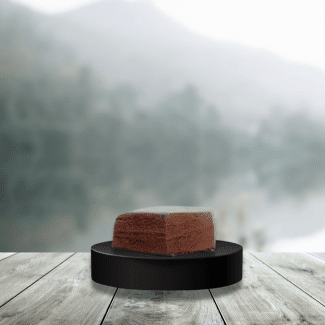
Migraines can be difficult to treat. If your pain, nausea, and sensitivity to light or sound don't improve with over-the-counter or even prescription medications, is there another option?
Light cannabis could be an over-the-counter remedy for migraine relief. Some research shows that it can help relieve migraine symptoms or possibly prevent them from occurring.
How does CBD relieve pain?
CBD is another name for cannabis, a plant used to make paper, rope and other products including the construction and cosmetics industries.
The human body and brain are equipped with a network of cannabinoid receptors. Endocrine receptors that affect how you feel pain.
CBD marijuana contains natural compounds called cannabinoids. When you use it, these cannabinoids enter your body and seek out these receptors. They change how receptors work and can calm pain signals.
Cannabinoids may also relieve nausea, anxiety, muscle spasms or other health problems.
THC is the most attention-grabbing cannabinoid in marijuana. That's what gets you high. But another cannabis product called cannabidiol (CBD) does not have these side effects and can help relieve pain. Several countries have legalized the use of CBD.
Does CBD work for migraines?
There isn't a lot of research on this. In a recent study, people suffering from regular migraines used CBD marijuana daily to prevent attacks. About 40 to 43 percent of them said the number of migraines they had each month had been cut in half.
There are different ways to consume CBD, inhalation to relieve a migraine is the most effective in stopping the pain. Edibles didn't seem to work as well.
What are the risks of CBD?
If you smoke or eat CBD, you may feel dizzy or even sleepy. And smoking it regularly could harm the health of your heart and lungs over time, especially if it's mixed with tobacco.
Studies are underway on the subject, and a priori, unlike THC cannabis, CBD marijuana will not have any proven health risks, quite the contrary.
















